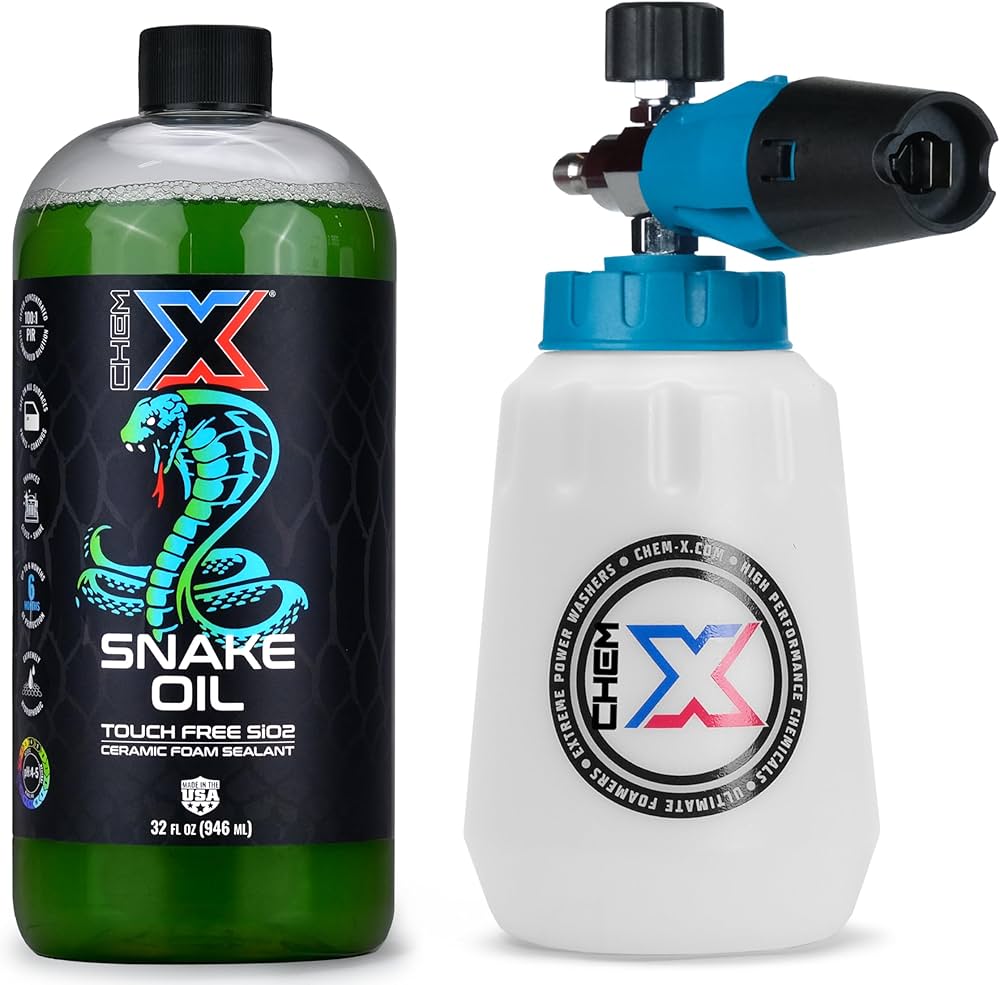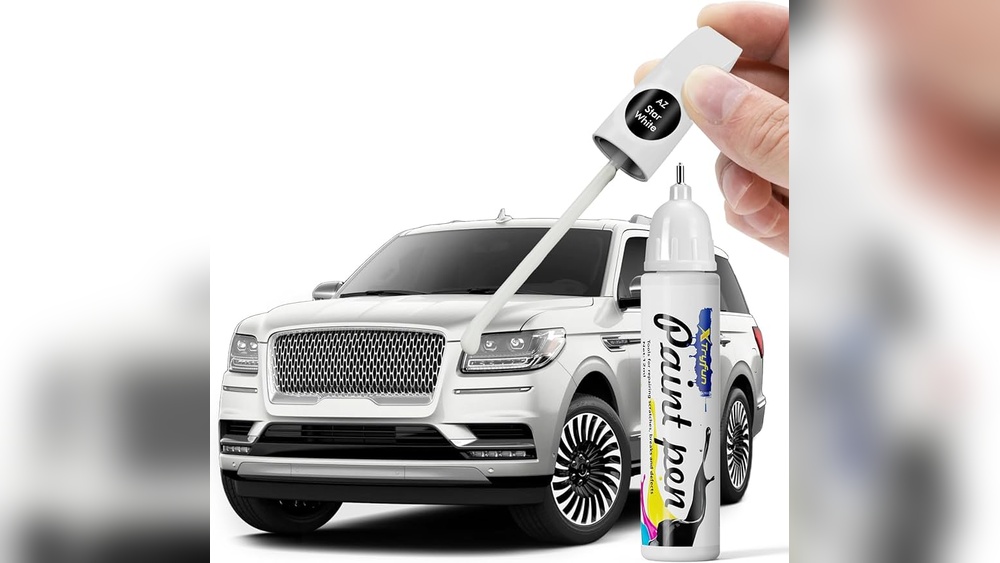Have you ever wondered if it’s safe to touch car oil with your bare hands? Maybe you’ve noticed a leak or needed to check the oil level but hesitated before reaching in.
Your safety and health matter, and understanding what happens when car oil comes into contact with your skin is important. You’ll discover the hidden risks and simple precautions that can protect you. Keep reading to find out how to handle car oil safely and avoid unexpected problems.
Car Oil Types
Car oil types vary in use and safety. Each type has a specific role in vehicle care. Knowing them helps you handle them carefully. Some oils are safe to touch briefly. Others can irritate your skin or cause harm.
Understanding the differences can protect your health and your car. Let’s explore the main types of car oils.
Motor Oil
Motor oil lubricates the engine parts. It reduces friction and helps the engine run smoothly. Fresh motor oil is usually safe to touch. Used motor oil may contain harmful chemicals and dirt. Avoid long skin contact with used motor oil. Wash your hands well after touching it.
Transmission Fluid
Transmission fluid helps the gears shift easily. It also cools the transmission system. This fluid is often red or green. It can irritate your skin on contact. Always use gloves when handling transmission fluid. Clean any spills immediately to avoid stains and harm.
Brake Fluid
Brake fluid transfers force in the braking system. It is clear or light yellow. This fluid is toxic and can damage your skin. Avoid touching brake fluid directly. If it gets on your skin, wash it off quickly. Brake fluid spills can harm car paint too.

Credit: www.amazon.com
Chemical Properties
Car oil has many chemical parts that affect safety. It is not just simple liquid. It contains substances that can harm the body. Knowing the chemical properties helps us understand the risks of touching it. These properties explain why car oil can be unsafe for skin contact. The oil contains toxic components and can be absorbed through the skin.
Toxic Components
Car oil holds chemicals like heavy metals and additives. These parts can cause irritation or harm. Some chemicals are carcinogenic, meaning they may cause cancer over time. The oil also collects dirt and metal bits from the engine. These contaminants add to the risk of touching car oil.
Skin Absorption Risks
Skin can absorb harmful substances from car oil. This allows toxins to enter the bloodstream. Prolonged exposure can cause skin problems like rashes or dryness. Repeated contact may lead to more serious health issues. Wearing gloves reduces the chance of skin absorption.
Health Risks
Car oil contains chemicals that can harm your health. Touching it without protection can cause problems. Knowing the risks helps you stay safe. Below are common health risks linked to touching car oil.
Skin Irritation
Car oil can irritate your skin. It may cause redness, itching, or dryness. Some people feel a burning sensation. The longer the contact, the worse the irritation. Washing hands quickly reduces the risk.
Allergic Reactions
Some people develop allergies to car oil. Symptoms include rashes, swelling, or blisters. These reactions vary from mild to severe. Repeated contact increases the chance of allergies. Avoid touching oil if you notice signs.
Long-term Effects
Long-term exposure to car oil can be dangerous. Chemicals in oil may cause serious skin problems. There is a risk of developing skin cancer. Oil can also enter the body through cuts. Use gloves to prevent long-term harm.
Safe Handling Tips
Handling car oil requires care to protect your skin and health. Oil can cause irritation or other problems if it touches your skin often. Following safe handling tips helps reduce risks and keeps you safe.
Simple habits make a big difference. Use protective gear and clean up properly after any contact with oil. Stay aware of where the oil goes to avoid accidents.
Using Gloves
Wear gloves before touching car oil. Gloves stop oil from touching your skin directly. Choose thick, durable gloves made for mechanical work. Change gloves if they tear or get very dirty. This prevents oil from seeping through and causing irritation.
Washing Hands Properly
Wash your hands well after handling oil. Use warm water and soap. Scrub all parts of your hands, including under nails. This removes oil residue that can harm your skin. Dry hands with a clean towel to avoid spreading oil to other surfaces.
Avoiding Contact With Eyes
Keep car oil away from your eyes. Oil can cause burning and serious damage. Do not rub your eyes if your hands have oil. If oil gets in your eyes, rinse them immediately with clean water. Seek medical help if irritation lasts.
First Aid Measures
Car oil can cause skin and eye irritation if touched. Knowing first aid steps helps reduce harm quickly. Act fast and follow clear steps for safety. This guide explains what to do after contact with car oil.
If Oil Contacts Skin
Wash the area with soap and warm water. Clean gently but thoroughly to remove all oil. Avoid scrubbing hard to prevent irritation. Dry skin carefully with a clean towel. Use moisturizer if skin feels dry or itchy. Remove any contaminated clothing to stop spreading oil.
If Oil Gets In Eyes
Rinse eyes immediately with clean, lukewarm water. Keep eyes open and flush for 10 to 15 minutes. Do not rub or touch eyes during rinsing. Use a clean container or tap for water flow. Avoid using any eye drops unless prescribed by a doctor. Seek help if irritation stays after rinsing.
When To Seek Medical Help
Visit a doctor if skin shows redness, swelling, or rash. Seek help if eye irritation, pain, or blurred vision continues. Get medical care if you feel dizzy or nauseous after exposure. Call emergency services for severe allergic reactions or breathing problems. Prompt treatment can prevent serious health issues.

Credit: www.chem-x.com
Environmental Impact
Car oil can harm the environment if not handled correctly. It contains chemicals that pollute soil and water. Spilled oil can kill plants and animals. Protecting nature means managing car oil carefully.
Proper Disposal
Used car oil must be thrown away in the right way. Do not pour it down drains or on the ground. Many places have special centers for oil disposal. These centers recycle the oil safely. Proper disposal stops pollution and saves resources.
Avoiding Contamination
Keep car oil away from water and soil. Use containers that do not leak. Clean up spills quickly with absorbent materials. Avoid mixing oil with other liquids. Contamination can spread fast and cause big damage.

Credit: www.walmart.com
Frequently Asked Questions
Is It Harmful To Touch Car Oil With Bare Hands?
Touching car oil briefly is generally safe but not recommended. Used oil contains harmful chemicals and contaminants. Always wash hands thoroughly after contact to avoid skin irritation or absorption of toxins. Wearing gloves during oil changes is the safest practice.
Can Skin Absorb Harmful Chemicals From Car Oil?
Yes, skin can absorb harmful chemicals in used car oil. Prolonged or frequent contact increases risk of irritation and toxicity. Protective gloves reduce exposure. Always clean skin immediately if oil contacts it to minimize health risks.
What Should I Do If Car Oil Gets On My Skin?
If car oil contacts your skin, wash the area promptly with soap and water. Avoid harsh scrubbing to prevent irritation. Use moisturizer after cleaning to soothe skin. Seek medical advice if redness or rash develops.
Is It Safe To Touch Fresh Engine Oil Compared To Used Oil?
Fresh engine oil is less contaminated but still contains chemicals that can irritate skin. Used oil poses higher health risks due to dirt and toxins. Always minimize skin contact and wash hands after handling either type.
Conclusion
Car oil can be harmful if it touches your skin for a long time. Always try to avoid direct contact to stay safe. Use gloves or a cloth when handling oil. Wash your hands quickly if oil gets on you.
Small amounts may not cause big problems but better safe than sorry. Taking simple steps protects your health and keeps your skin clean. Stay careful and respect the risks of car oil. Safety matters more than a quick touch.
Recent Posts
Tired of wrestling with your chains in the freezing cold? Discover how auto-fixing snow chains tighten themselves, giving you the ultimate effortless grip for a safer winter drive.
Struggling with that stubborn, hazy film on your car's glass? Discover the best oil film removers that will give you flawless, crystal-clear vision for a safer drive.

